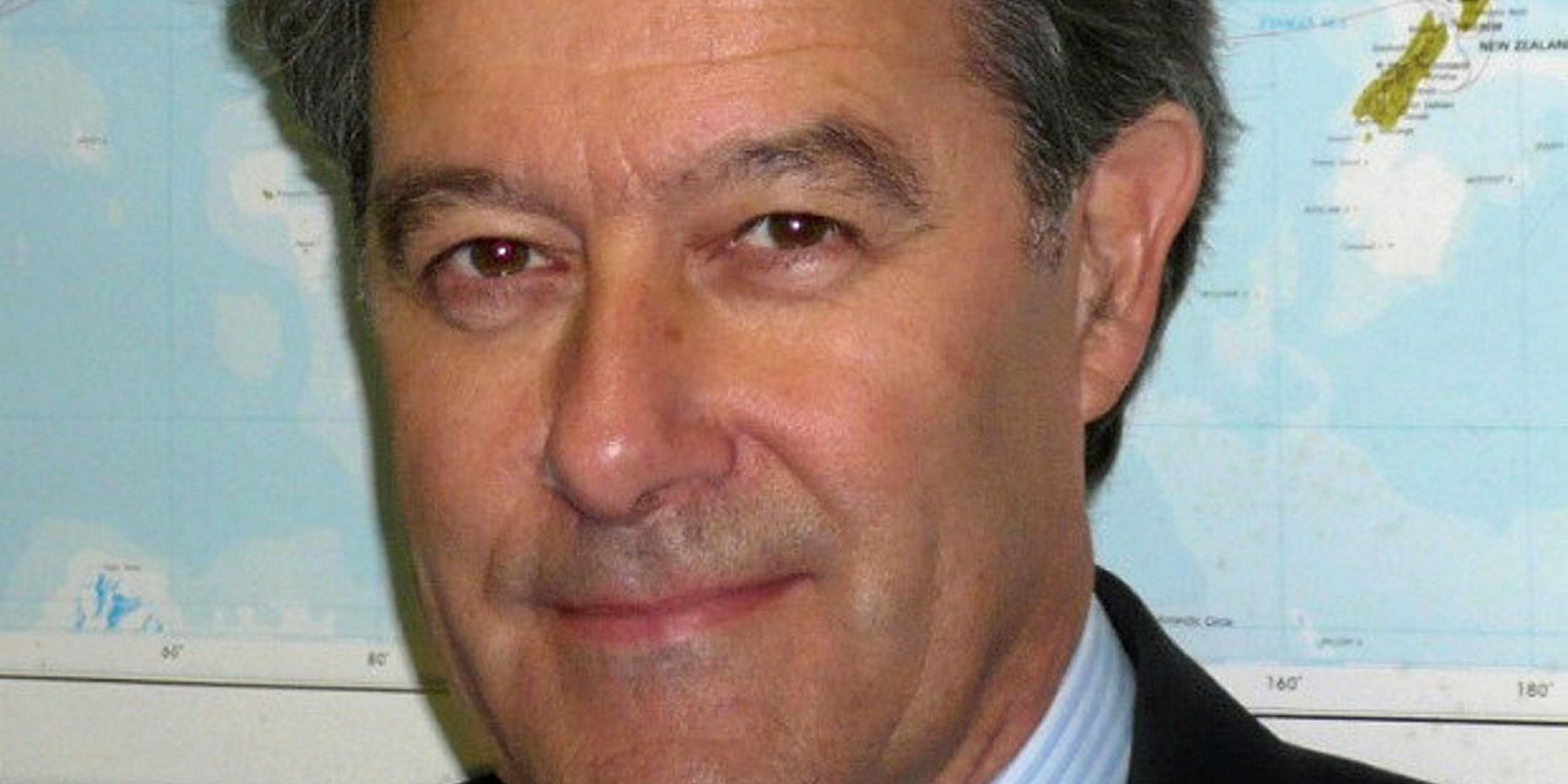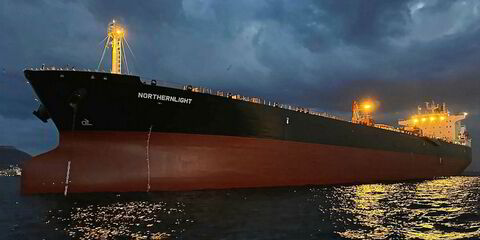On 23 February, a court in Port Elizabeth, South Africa, rendered a surprising and dangerous decision. Despite clear evidence that a cargo of phosphates carried by the 60,494-dwt bulker NM Cherry Blossom (built 2015) had been properly sold by Moroccan OCP to Ballance Agri-Nutrients in New Zealand, the court decided that the cargo belonged to the Polisario Front, a rebel national liberation movement.
The phosphates at issue came from what is known internationally as Western Sahara, a territory subject to an ongoing political process under the auspices of the UN Secretary General.
The vessel was seized at Port Elizabeth in May 2017, following the filing of a speculative action by Polisario Front, which claimed ownership of the phosphates on board. The court’s decision followed numerous prevarications as well as OCP's denunciation of, and refusal to participate in, a trial before a forum that it claims has no legal legitimacy.
Without providing reasoning, the Port Elizabeth court held that OCP had never acquired ownership of the phosphates and was therefore not entitled to sell the cargo to its New Zealand customer.
The court further ordered a judicial sale of the cargo, strictly to cover the Polisario Front's court fees, with the balance to be paid to the shipowner to cover the cost of its vessel being immobilised since May 2017.
Such a decision by a local court is a harmful instance of judicial overreach, particularly given the current political process before the UN.
By intervening in a matter that is being conducted at the highest international levels, the decision threatens the freedom and security of global trade and risks further assertions of jurisdictional competence to improperly address what are centrally political matters.
The approach taken by the court in Port Elizabeth contravenes basic principles of international law and comity that are meant to ensure a smooth flow of goods across borders.
The question of sovereignty over Western Sahara is inherently political and is currently the subject of the UN process, to which the Polisario Front and the Kingdom of Morocco are already engaged.
Until this question is officially and legitimately resolved by the UN Security Council, it should not interfere with ongoing commerce. It is certainly not up to a foreign state court, which is totally unrelated to the UN process, to place itself in the middle of it.
The approach taken by the court in Port Elizabeth contravenes basic principles of international law and comity that are meant to ensure a smooth flow of goods across borders
Furthermore and more importantly, to decide upon this case, the court ought to consider the conditions of the phosphate sale, a commercial transaction that occurred wholly under Moroccan law.
Under Moroccan law, OCP was the legitimate owner of the phosphate cargo when it was sold to its long-time customer in New Zealand. This right in property, duly and legally acquired, cannot and should not be challenged, except through proper means.
To do otherwise, as the Port Elizabeth court has done here, fundamentally violates the principle of sovereign immunity, a foundational principle of the international system. Allowing the courts of one sovereign state to sit in judgment of the laws and official acts of another will only lead to uncertainty.
If a domestic court, like the Port Elizabeth one, has doubts regarding the ownership of the Moroccan phosphates, the proper body of law to reference is that of what is known as the “lex rei sitae” (the law where the property is situated), in this instance Moroccan law, which governed the underlying commercial contract that was the subject of the dispute. Such consideration never occurred. Indeed, the court’s assertion concerning the ownership of the phosphates was peremptory at best.
Though the goods were intended to be transported, in this case from Morocco to New Zealand with the vessel bunkering in South Africa, this cannot mean that the governing law is no longer the law of the country of origin.
Moreover, though South Africa politically recognises the Polisario Front, this does not ipso facto provide political entities that have territorial claims with property rights under any respectable legal system, including under South African law.
Merely because a claimant asserts ownership of a property does not give jurisdiction to a foreign court, no matter how important it is, to declare that a company who legitimately owns the goods is no longer the owner thereof.
Nevertheless, that is precisely what the court in Port Elizabeth has done here. One can easily imagine the immense legal disarray that such an approach would bring. How much confidence could economic agents then have in their contracts? The law is underpinned by the security of transactions and the foreseeability of results.
It is further worth noting that, even if one were to assume for a moment that the phosphates are the property of the Polisario Front, the court's decision to order the sale of the goods is contradictory to say the least.
If one were to accept this hypothesis, the only legal solution would have been to declare the sale null. All legal regimes nullify the sale of third-party property if the genuine owner establishes title through legal action. This was not the process in Port Elizabeth, as we have already seen.
In other words, the matter was likely brought to South Africa to make a political point while threatening the internationally supported political process before the United Nations. In any case, it weakens the security and predictability that are imperative for the smooth conduct of international trade.
Philippe Delebecque is a professor of law at Sorbonne Law School and president of the Paris Chamber of Maritime Arbitration. He has also served as a consultant to OCP.



